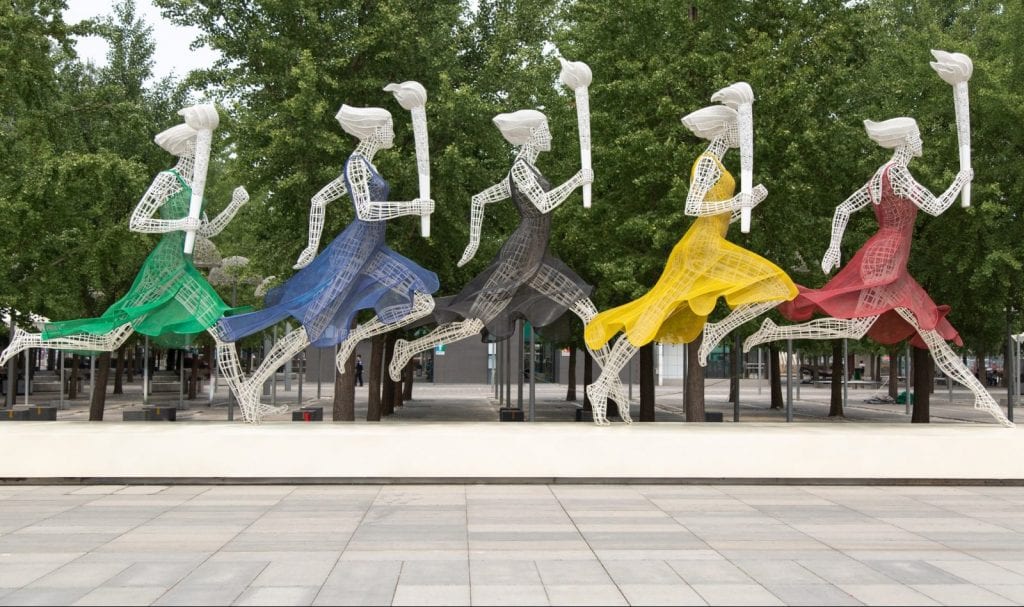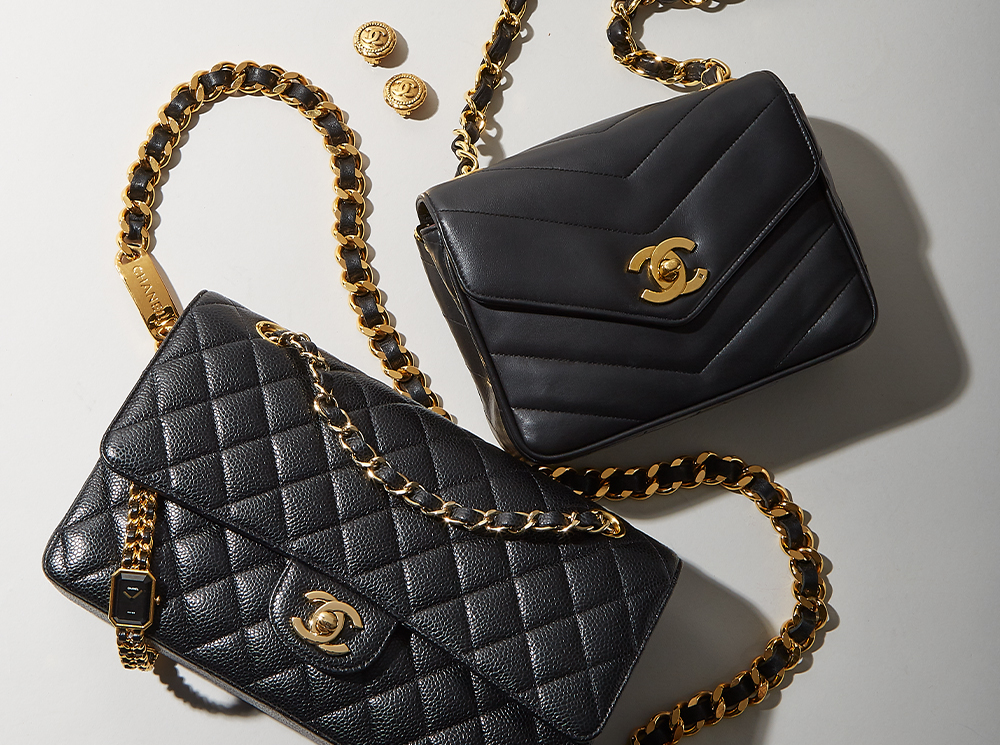Smells like teen spirit? Well, that does not look like, err smell like, what it used to. Millennial consumers – those born between 1982 and 2004, who were, for years, targeted with and tempted by scents courtesy of everyone from Britney Spears and Christina Aguilera to Justin Bieber and Katy Perry – are shunning mass produced, celebrity-centric fragrances in favor of “luxury and personalized products,” thereby, causing a significant shift in the nearly $50 billion global perfume market, according to a new report from Bloomberg.
“Shoppers [age] 35 and under want to smell like themselves, not everyone else,” write Bloomberg’s Andrea Felsted and Sarah Halzack. “And that’s bad news for the many celebrity products that occupy the midrange,” which have been actively helping to boost the bottom lines of big-name cosmetic companies, such as Revlon, Proctor & Gamble, Coty, and Parlux, for decades.
In particular, Felsted and Halzack note, “At the luxe end of the spectrum, consumers in the U.S., Europe and Asia — including young Chinese shoppers — want aspirational and unusual options.” This is reflected in the growth of premium fragrance sales over the past 5 years. In North America, for instance, premium fragrances have grown at a rate of 16 percent, according to Euromonitor International. Sales of mass market fragrances, on the other hand, have dropped by 15 percent.
In the Asia Pacific region, premium fragrances grew at a rate of 41 percent, compared to mass market fragrances at 33 percent during the same 5 year period. Meanwhile, Latin American consumers are actually leading the growth in premium fragrances, which have grown over the past 5 years at a rate of 76 percent compared to 59 percent growth of mass fragrances.
Such growth comes at the expense of mass market options, such as those “branded with pop stars and actresses,” whether it be the Parlux-produced Paris Hilton-fronted fragrance range that has banked more than $2.5 billion in revenue since its debut in 2004 or the similarly lucrative Britney Spears collection.
This large-scale shunning of celeb scents is not without exceptions, though. One of the most significant anomalies is, of course, Kim Kardashian’s KKW and Kimoji fragrances. As celebrity-centric outlets reported this summer, Kardashian made a rumored $1 million per minute for the first five minutes that her newest Kimoji fragrances were on the market. Her KKW fragrances have similarly sparked social media frenzies and sizable sales.
As for traditional mid-market producers, such as Revlon and Coty Inc., they have work to do. Coty, for one, “has responded by slimming down its portfolio of lower-priced labels since its joint venture two years ago with P&G’s beauty unit,” per Bloomberg. Beyond that, these giants could benefit from “personalized fragrances and bottles, alongside those specializing in natural and organic products,” says Deborah Aitken, an analyst at Bloomberg Intelligence. Additionally, acquisitions of smaller, more Instagrammable fragrance companies could be fertile ground for growth going forward.











